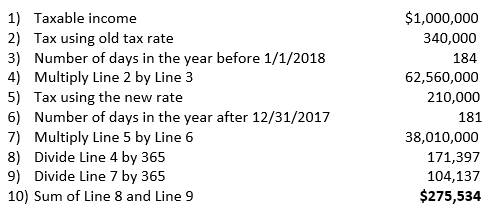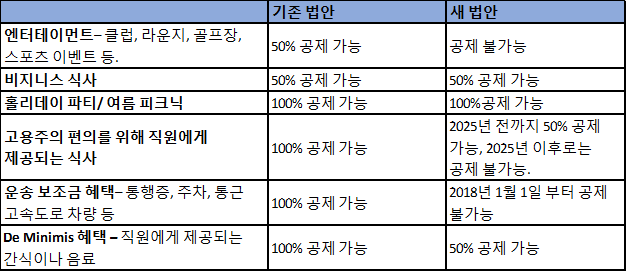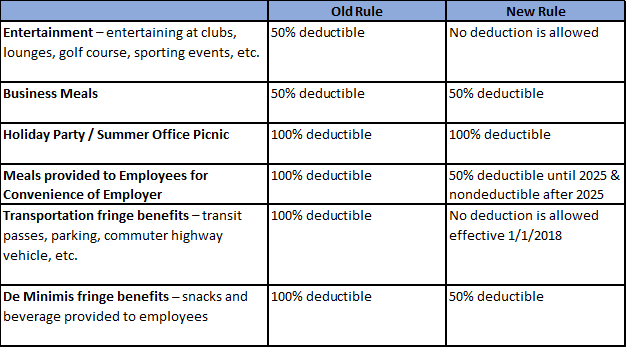외국인 투자자의 파트너십 지분 판매 및 교환에 대한 원천징수
2017년 11월 27일 이후부터는, 새로 제정된 864(c)(8) 및 1446(f)에 의거하여 외국인투자자가 미국내 사업과 연관된 소득이 있는 파트너십지분을 판매 또는 교환 할 경우 이에 대해 10 %의 원천징수세를 부과하게된다.
세법 1446(f)에 따라, 일반적인 경우, 지분 구매자는 외국인투자자에게 지분에 대한 대가를 지불할때에 만약 이러한 거래가 미국내 사업과 연관된 소득이 있다면 이에 대해서 10 %를 원천징수하여야 한다. 미국내 사업과 연관된 소득에 대한 정의는 세법 864(c)(8)에서 다루고 있다.
10% 원천징수 규정에 면제되는 경우는:
- 구매자가 판매자로부터 외국인이 아님을 증명하는 진술서(“Non-foreign affidavit”)를 받는경우;
- 파트너십 지분 거래에 대한 이익이 미국내 사업과 연관되지 않음을 증명하는 진술서를 받는경우;
- 국세청 (IRS)이 원천징수 증명서 발급을 통해 원천 징수를 줄이는 경; 또는
- 파트너쉽이 상장회사일 경우이다.
구매자가 원천징수하여야 하지만 원천징수가 이루어지지 않을 경우, 파트너십이 구매자의 분배금에서 원천징수와 이자를 합한 금액을 원천징수해야 한다. 즉, 구매자가 원천징수하지 않을 경우, 파트너십이 이 규정의 책임을 지게 된다.
미국과 조세조약 을 맺은 국가의 거주자에게 새로운 규정이 어떻게 영향을 미치는지에 대해서는 아직 분명하지 않다. 일반적으로, 미국 조세조약은 미국에 고정 사업장을 가지고 있지 않는한 외국인의 파트너십지분 판매의 이익을 세금에서 배제한다. 일반적으로 새로 제정된 세법이 이전의 조세조약 규정보다 우선함으로, 외국인이 새로운 원천징수 조세법에 면제를 받을수 있는지는 불확실하다.
새로 제정 된 1446(f) 항과 조세조약의 관계를 설명해주는 글:
- http://www.klgates.com/disposition-of-a-partnership-interest-now-subject-to-tax-withholding-01-18-2018/
American Bar Association 및 NY State Bar Association에서 1446(f) 요건과 기존 조세조약의 관계에 대해 문의하는 글:
- https://www.americanbar.org/content/dam/aba/administrative/taxation/policy/031918comments.authcheckdam.pdf
- https://www.nysba.org/Sections/Tax/Tax_Section_Reports/Tax_Section_Reports_2018/1387_Letter.html




